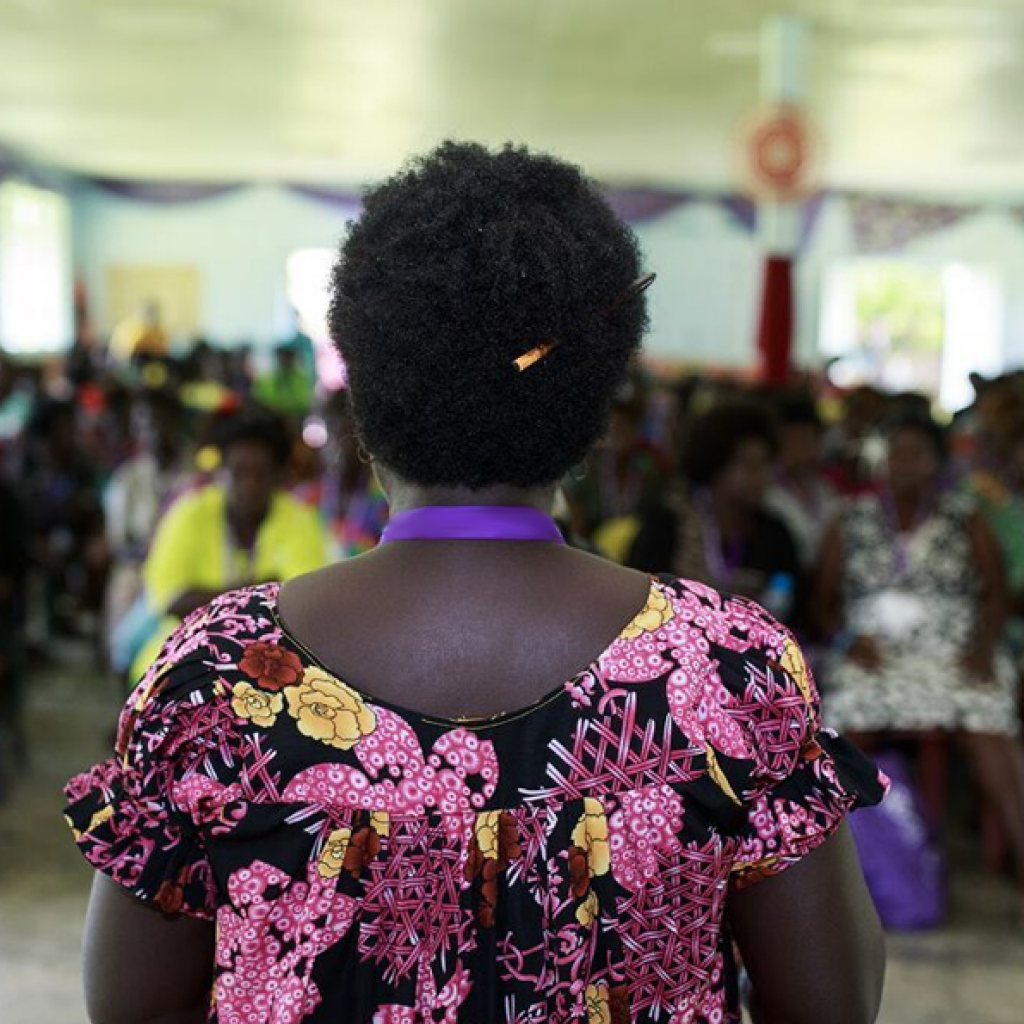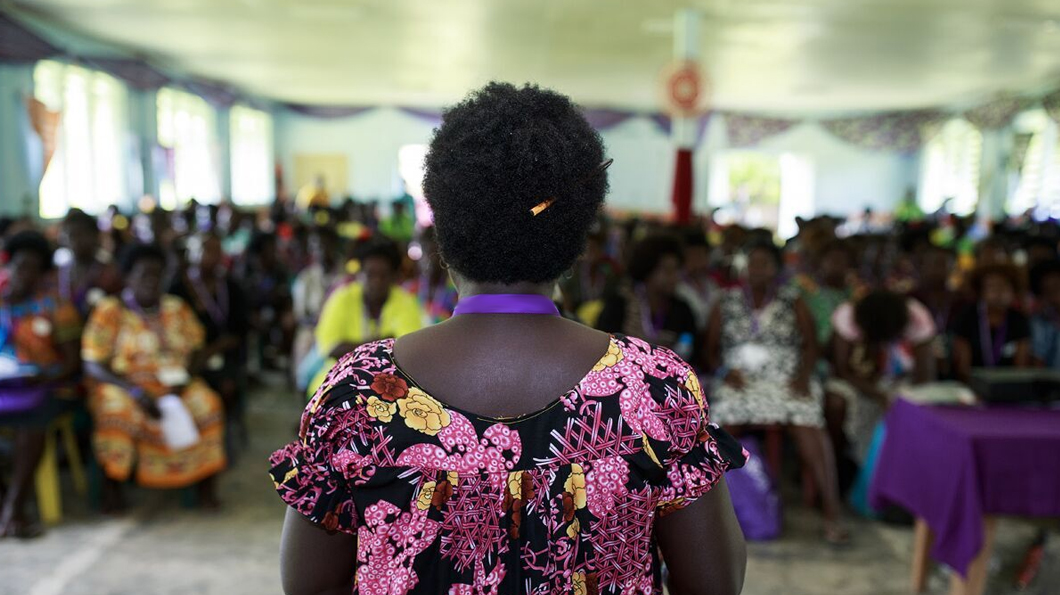
Leading Change: The Importance of Supporting Women’s Rights Organisations and Movements

On International Women’s Day, we celebrated the contributions of diverse women and the many ways in which women’s rights organisations are leading change all over the world.
IWDA knows that supporting and working in partnership with women’s rights organisations and movements is crucial for achieving sustainable change for women and girls. Research shows clearly that strong, autonomous women’s movements are essential to realising women’s rights. This is because women’s movements and the organisations they are comprised of know their local context and communities and understand the politics and priorities of their nations. Women’s rights organisations and movements are, therefore, ideally placed to work collectively to push for and support transformative change.
Yet, women’s rights organisations continue to face financial unsustainability and current funding trends often constrain the ability of these organisations to access funding. In 2016, only 1.22% of the Australian aid budget, as reported against the OECD DAC purpose code, went to women’s equality organisations and institutions.
Today, we urge the Australian Government to:
- Set a 2025 deadline for 10% of Australia’s aid investments to have gender equality as a principle objective
- Increase multi-year, flexible funding of women’s rights organisations in our region
- Improve transparency on aid spending so we know where and how the Government is meeting its gender equality commitments
In a context where women’s rights organisations are increasingly facing backlash and hard won gains are under attack, it is more important than ever that women’s rights organisations are supported and resourced.
You can read more about why supporting women’s rights organisations and movements is crucial and how the Australian Government can strengthen its support for women’s rights organisations in our region in our policy brief here.

